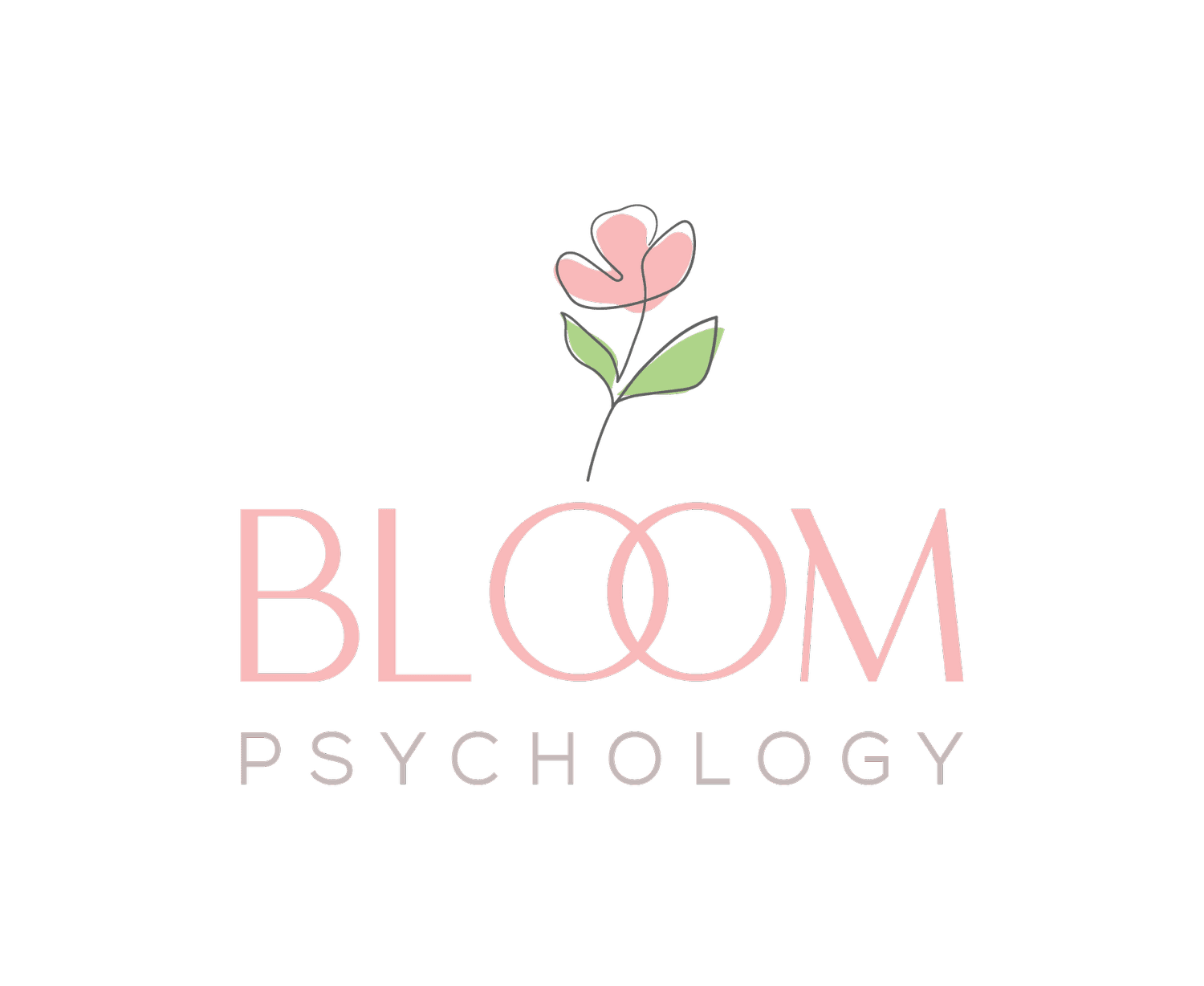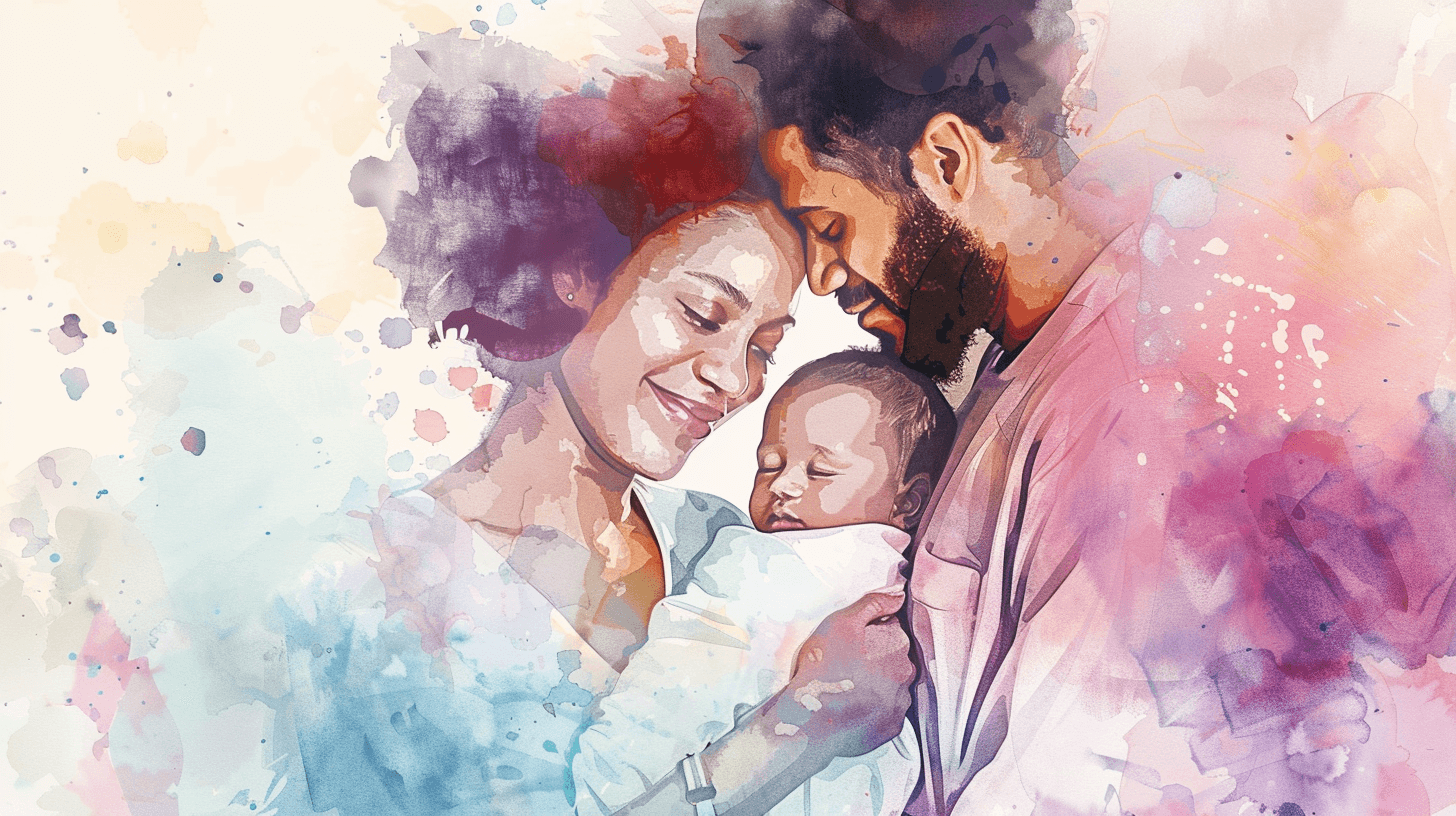Listen to this article
Narrated by Dr. Jana Rundle• 1.4 MB
Keyboard shortcuts: Space or K to play/pause • ← → to seek ±5s
The Village We Lost: How to Really Support New Mothers
Get the Full Postpartum Support Toolkit
Download our free 40-day recovery checklist, meal train templates, and conversation scripts for partners. Everything you need to build your village.
Join Bloom's CommunityEvidence-based maternal mental health resources, delivered weekly.
Rebuilding the Village: One Mother at a Time
We can't go back to the traditional structures that once held new mothers. Extended family doesn't live down the street. Elders don't move in for 40 days. The postpartum centers of Korea don't exist here.
But we can choose to build new villages—intentional, imperfect, cobbled-together networks of support that honor the same ancient wisdom.
Here's what I hope you take away:
- If you're a new mother: You are not too much. You are not failing. What you need is not weakness—it's biology. Ask for help. Accept the casseroles. Let people fold your laundry. You deserve to be cared for.
- If you're a partner: Your role isn't just to "help out." It's to become a fierce protector of her healing. Do the dishes without being asked. Take the night shift. Shield her from well-meaning but exhausting visitors. Your support is medical care.
- If you're a friend or family member: Don't wait to be asked. Show up with food. Offer specific help. Check in at week 8 when everyone else has moved on. Your presence can be the difference between survival and thriving.
- If you're a community member: Advocate for paid parental leave. Support postpartum doulas. Fund maternal mental health services. Challenge the "bounce back" culture. Normalize the truth: recovery takes time, and mothers deserve villages.
"It takes a village to raise a child."
But first, it takes a village to restore the mother. Let's start there.
About Bloom Psychology
Bloom Psychology specializes in maternal mental health, offering compassionate, evidence-based support for mothers navigating pregnancy, postpartum, and the transformative journey of matrescence.
Our mission: to ensure no mother feels alone in the hardest, most beautiful work of her life.
Found this helpful? Save it on Pinterest so you can find it again when you need it.
Pin This GuideGet More Like This
Join hundreds of moms receiving monthly mental health insights, evidence-based tips, and new articles.
No spam. Unsubscribe anytime.

Jana Rundle
Licensed Clinical Psychologist



